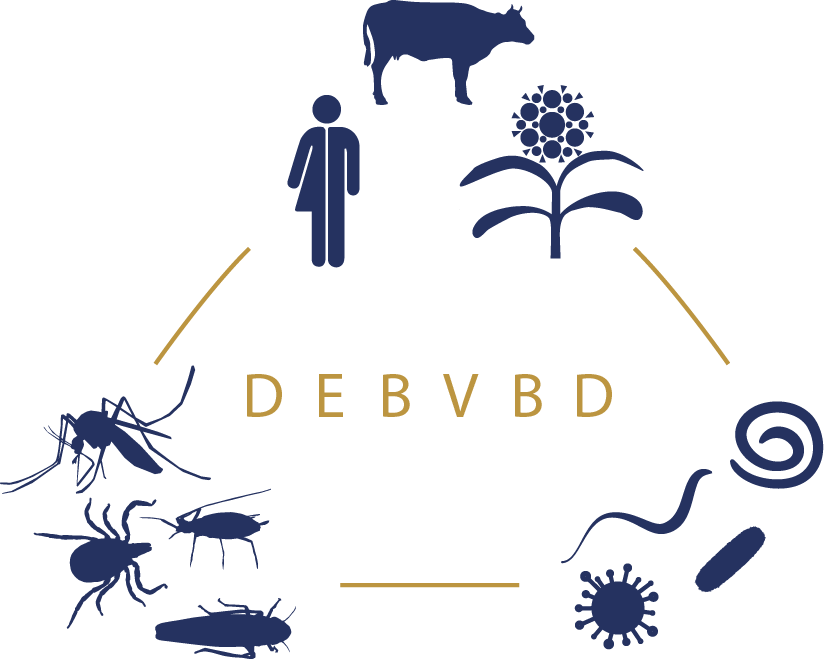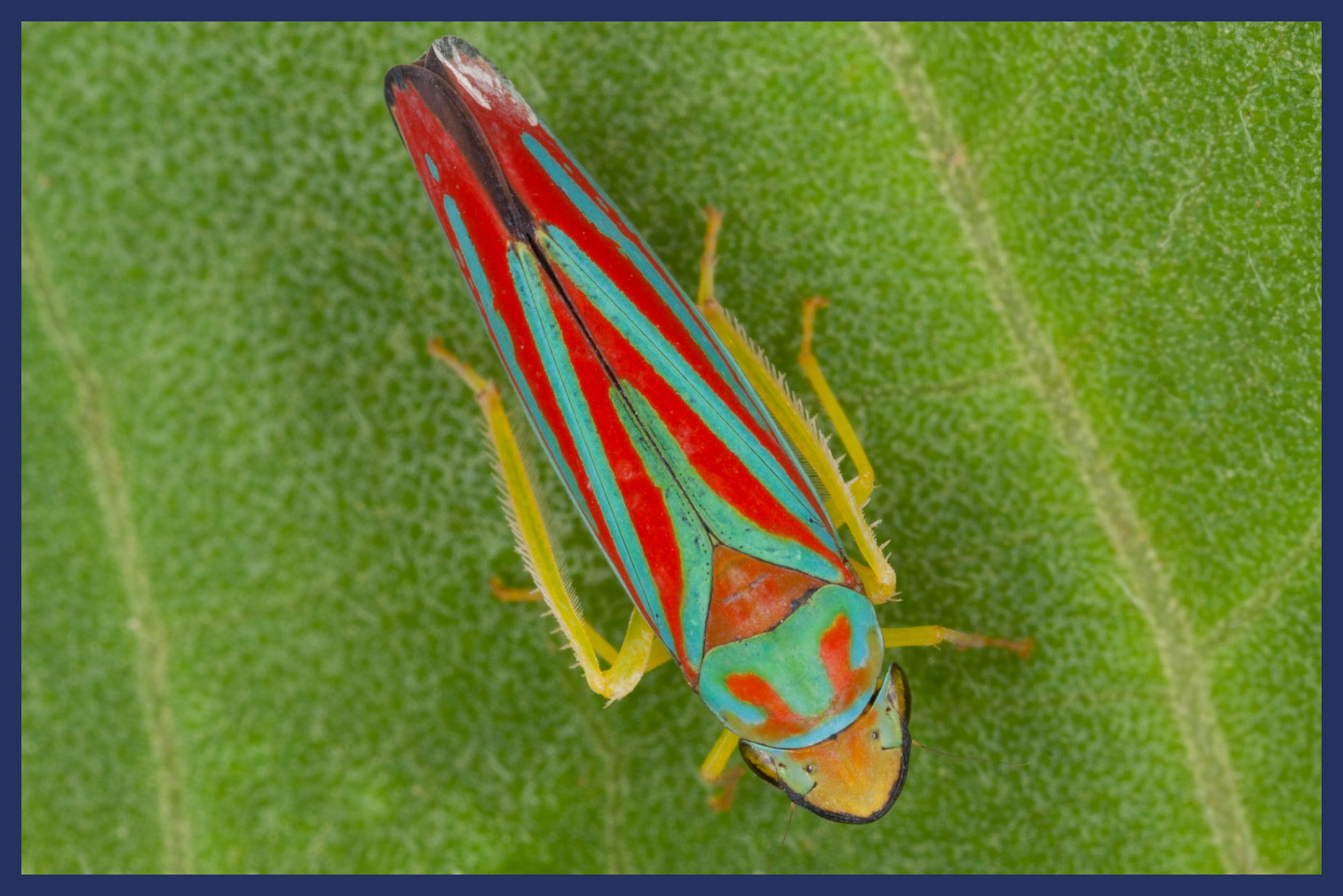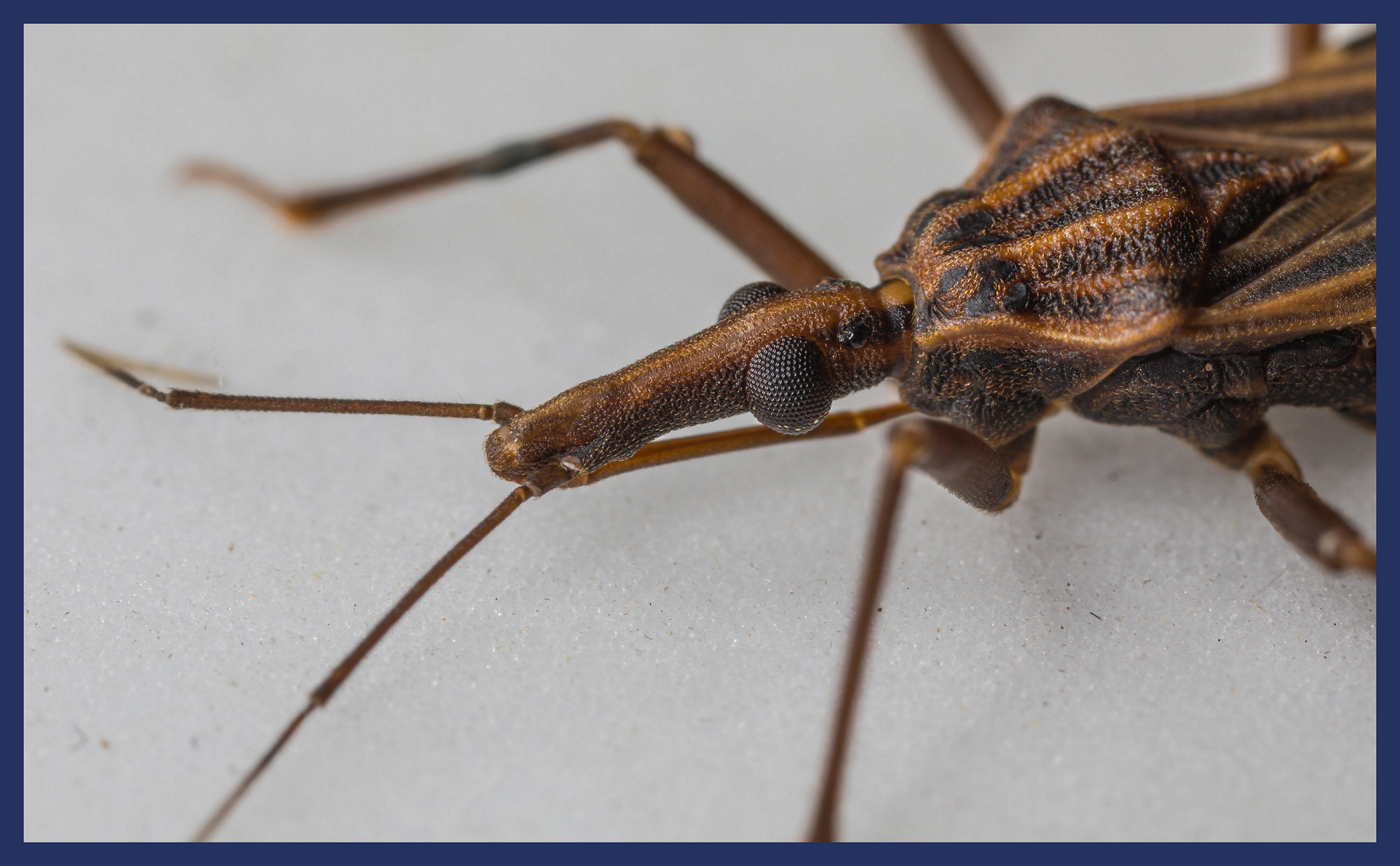The Departments of Entomology/Nematology and Plant Pathology are home to the Designated Emphasis in the Biology of Vector-borne Diseases (DEBVBD).
Mission
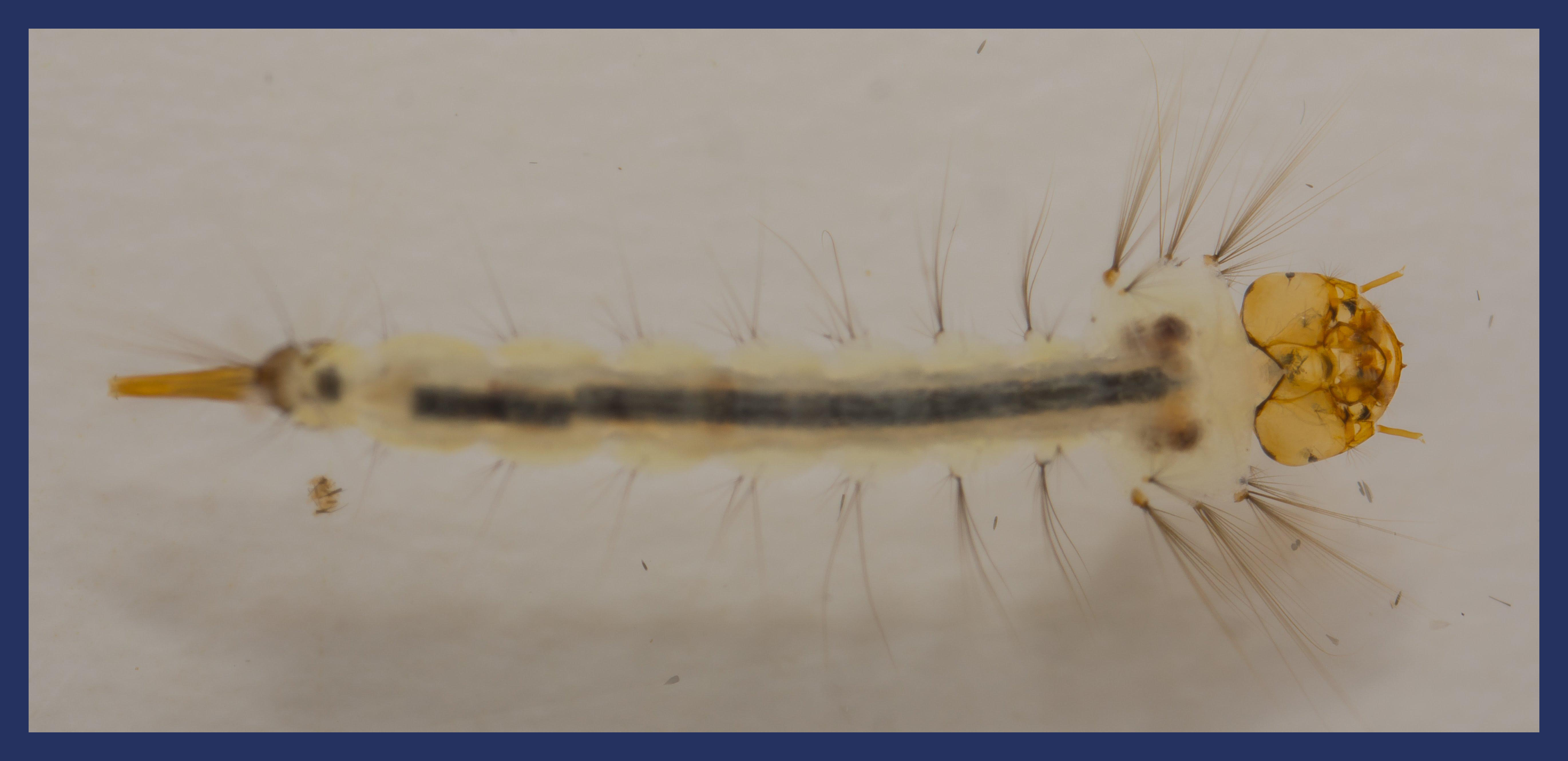
(click to expand)
The Designated Emphasis in the Biology of Vector-borne Diseases (DEBVBD) is a training program that equips talented graduate students to do ground-breaking research aimed at reducing the prevalence of vector-borne diseases. Many of the world’s most serious pathogens are carried by insects and other invertebrates to humans, other animals, and plants. Vector-borne diseases with great human impact include malaria, dengue, Zika, Lyme and many others. Examples of vectored plant diseases include citrus greening, Pierce’s disease, thousand cankers disease, tomato spotted wilt, grape fanleaf and others which produce devastating crop losses or deforestation.
Values
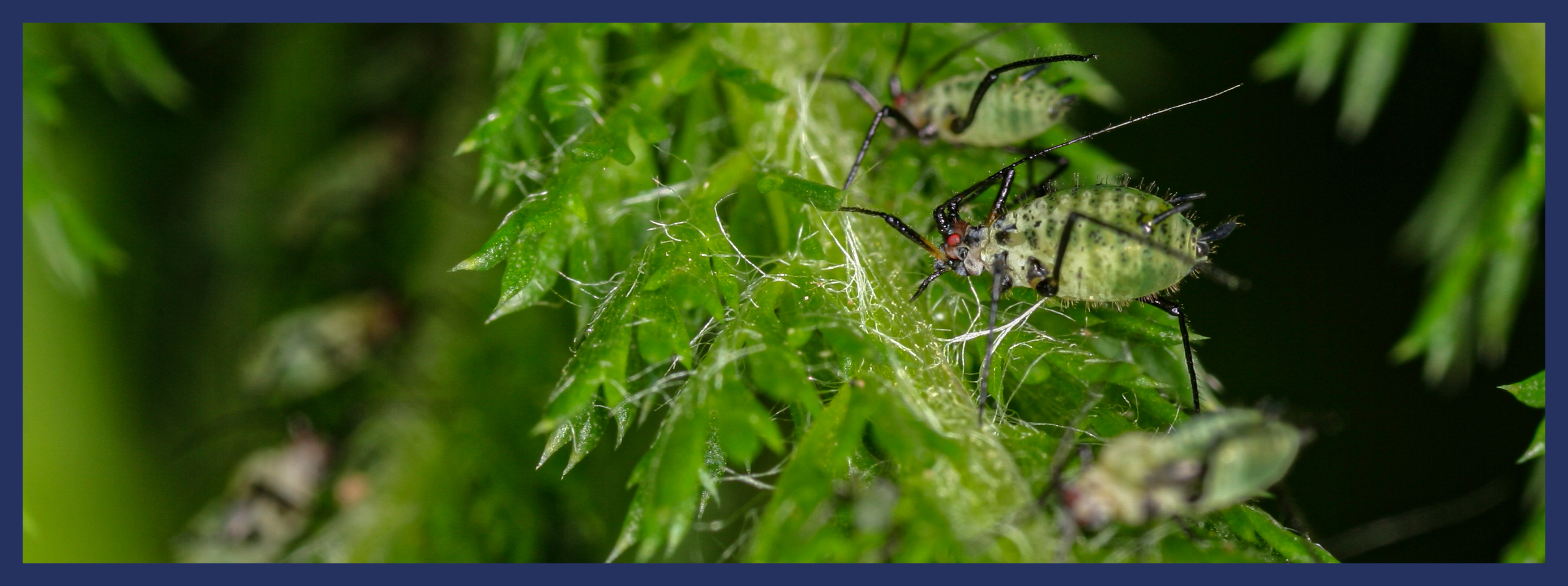
(click to expand)
Our group aims to act in solidarity with all underrepresented groups in STEM. We recognize our responsibility to identify and correct institutional biases experienced by our students, staff, and faculty. We recognize the history of disadvantages experienced by underrepresented groups as well as the history of exploitation of such groups in pursuit of vector borne disease research. The path to equality in STEM will require persistence and a commitment to science-based approaches to course-correct effectively. We aim to guide our program toward learning from the complete history of this field and science in general to move toward the elimination of discrimination and maximization of inclusiveness.
Admissions Criteria
A graduate student in good standing in an affiliated UC Davis graduate program is admitted to the DEBVBD by completing an Application for Designated Emphasis form (GS323) available at the bottom of this page or online through Graduate Studies. The form can also be requested from the Chair of the DEBVBD, Dr. Geoffrey Attardo at gmattardo@ucdavis.edu. The affiliated graduate programs are: Microbiology, Integrative Pathobiology, Ecology, Entomology, Epidemiology, Immunology, and Plant Pathology.
Student Advising
Academic progress is reviewed annually by the DEBVBD Executive Committee through completion of a survey of student progress on DE requirements. The Chair and faculty members of the Executive Committee will meet with students that need support for timely completion of requirements and are available for consultation on course and QE requirements as well as research questions related to the dissertation emphasis in vector-borne diseases.
